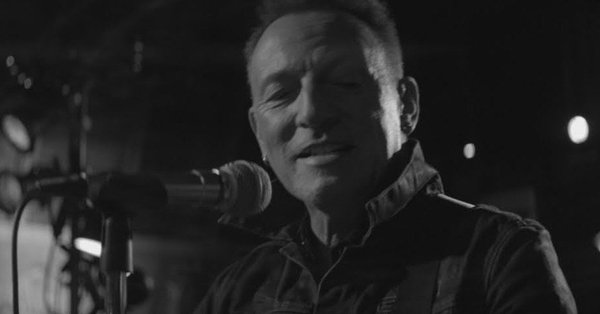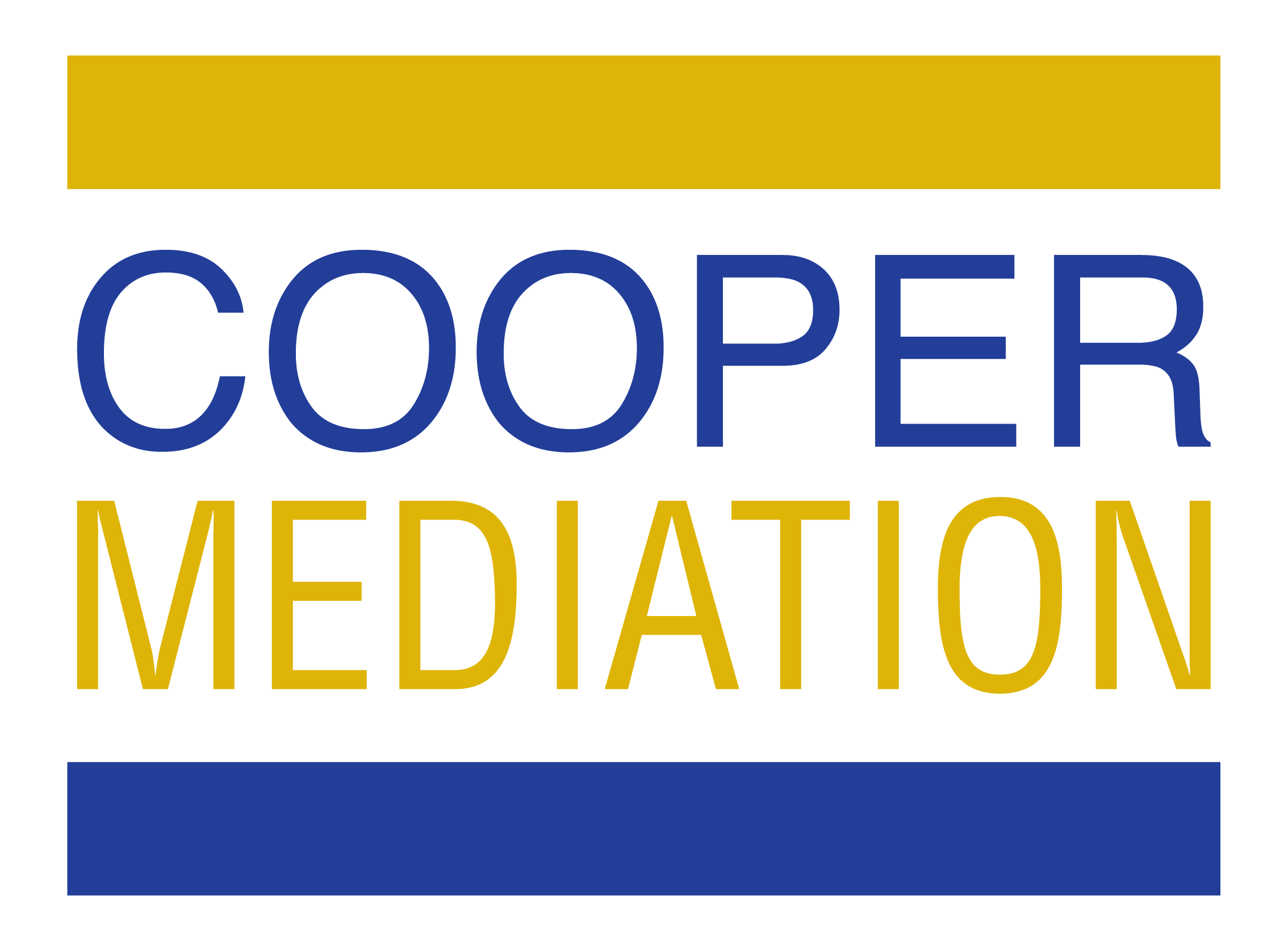
01 Jun Be Springsteen: Born To Run
Bruce Springsteen (a.k.a. “The Boss”) first released the title track of his album Born to Run in the summer of 1975. For 44 years, he’s been playing the hit to different audiences around the world. Assuming he plays “Born to Run” every night of every concert, he has likely played the song between 5,000 – 10,000 times. If anyone reading this blog has attended a Springsteen concert, you’ll know The Boss doesn’t play the song like it’s his 6,153th time – he delivers an extraordinary level of energy and authenticity with each performance that makes each person in the crowd feel like they are seeing his best version of the song yet.
When it comes to mediation, we should embrace the “Springsteen Method”. Typically, all but one person at the table will be very familiar with the mediation process. Since the person without much familiarity is typically a decision maker, it is extremely important to make him or her feel welcomed, involved and understood. The same applies to the more experienced participants at mediation.
“Hello, Toronto!”
The best way to make someone feel welcome is to say hello. It’s deceptively simple, but incredibly effective and potentially powerful. Calling someone by his or her first name will often make a person more comfortable. If a person has an injured right arm or wrist, initiate a handshake with the left hand. While it may be difficult, try to engage the other side in light and friendly conversation about pleasantries or anything not related to the matter to be mediated. Like Springsteen, let your audience know that you are pleased to be there and pleased to see/meet them. Be sincere – whether you mean it or not!
There may be certain concepts or topics that you always like to cover in your opening. If so, try not to sound scripted. If you have made notes, avoid reading them word for word. Instead, glance down at them if you need to but try to spend more time making eye contact and connecting with the people across the table. It wouldn’t be very cool if Springsteen was obviously reading tabs and lyrics on stage. Make sure that the terminology you use is geared towards your audience so they actually understand what you are saying. When speaking to a less sophisticated audience, for example, consider substituting “liability” with “legal responsibility.” If you are speaking to someone who speaks English as a second language, speak slowly or do what you can to ensure that an interpreter is present.
Finally, make people feel understood. Most of Springsteen’s songs are about blue collar, every day working people. Funny enough, The Boss never worked a job like that a day in his life. Even still, when he sings these songs, he relates to people. Sharing a personal anecdote, empathizing with someone, or offering someone an apology, are all very powerful tools to humanize yourself. This authenticity can be very useful in a difficult negotiation. Channel your inner Springsteen and make every mediation performance feel as though you’re giving it your all.
Click here to download a PDF version of this post.
OTHER POSTS IN THIS SERIES
- The Snowball Effect: A Little Optimism Can Go A Long Way
- “Not-So-Respectfully Submitted”
- Who’s Carrying The Heavy Bags? : Multi Party Mediations
- Reasonable Is Like Beauty – It’s In The Eye Of The Beholder
- Pounding The Table Only Hurts The Table (And Maybe Your Hand)
- Keep Your Poker Face, But Whisper In The Mediator’s Ear
ABOUT THE AUTHOR
 Logan Cooper joined the Cooper Mediation team in November, 2017 and now devotes 100% of her professional time to mediation. Contact Logan at: logan@coopermediation.ca or (416) 726-1344. Alternatively, you may view Logan’s Online Calendar to book a mediation: http://coopermediation.ca/logan-coopers-online-calendar/.
Logan Cooper joined the Cooper Mediation team in November, 2017 and now devotes 100% of her professional time to mediation. Contact Logan at: logan@coopermediation.ca or (416) 726-1344. Alternatively, you may view Logan’s Online Calendar to book a mediation: http://coopermediation.ca/logan-coopers-online-calendar/.
“[Logan’s] strengths are her obvious intelligence, ability and (dare I say it?) training…” – Senior Defence Counsel
